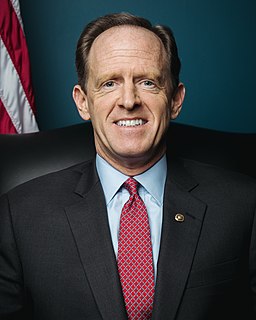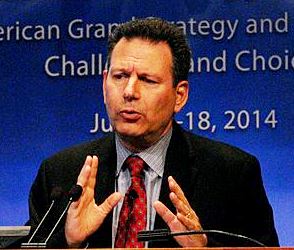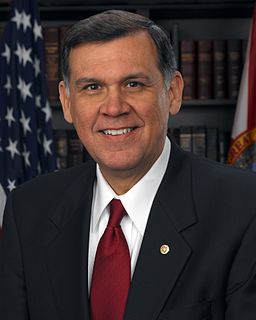A Quote by Stephen Kinzer
Throughout the twentieth century and into the beginning of the twenty-first, the United States repeatedly used its military power, and that of its clandestine services, to overthrow governments that refused to protect American interests. Each time, it cloaked its intervention in the rhetoric of national security and liberation. In most cases, however, it acted mainly for economic reasons-specifically to establish, promote and defend the right of Americans to do business around the world without interference.
Quote Topics
Acted
American
Around
Around The World
Beginning
Business
Cases
Century
Clandestine
Defend
Each
Each Time
Economic
Establish
First
Governments
However
Interests
Interference
Intervention
Liberation
Mainly
Military
Military Power
Most
National
National Security
Overthrow
Power
Promote
Protect
Reasons
Refused
Repeatedly
Rhetoric
Right
Security
Services
Specifically
States
Throughout
Time
Twentieth
Twentieth Century
Twenty
United
United States
Used
Without
World
Related Quotes
Actually, the phrase "national security" is barely used until the 1930s. And there's a reason. By then, the United States was beginning to become global. Before that the United States had been mostly a regional power - Britain was the biggest global power. After the Second World War, national security is everywhere, because we basically owned the world, so our security is threatened everywhere. Not just on our borders, but everywhere - so you have to have a thousand military bases around the world for "defense."
American national security and American economic interests, of course - every president, every secretary of state - that is the primary goal. As you are in this job and in the work, you begin to see, though, that in the long run, both American economic interests and American national security are better served when there are other decent countries in the world who are both your allies and even when your adversaries are acting more decently.
I have nothing but contempt for Gadhafi. I'm not a Gadhafi supporter in any way. However, it's not clear to me that it's a vital and compelling national security objective of the United States that we ought to use military force to remove him from power. He's not the only unpleasant and unsavory dictator in the world.
We have the greatest resource universities in the world, the only place in the world. We have the most productive workforce in the world. We have the most agile venture capitalists in the world. We have a situation where right now in the United States of America, we are near energy independent. North America is beginning to be the epicenter of energy. What is it that makes people think that this is not going to be the American century? I don't get it.
As the corporation's size and power grew, so did the need to assuage people's fears of it. The corporation suffered its first full-blown legitimacy crisis in the wake of the early-twentieth-century merger movement, when, for the first time, many Americans realized that corporations, now turned behemoths, threatened to overwhelm their social institutions and governments.
Is the United States going to decide, are the people of this country going to decide that their Federal Government shall in the future have no right under any implied power or any court-approved power to enter into a solution of a national economic problem, but that that national economic problem must be decided only by the States?... We thought we were solving it, and now it has been thrown right straight in our faces. We have been relegated to the horse-and-buggy definition of interstate commerce.



































